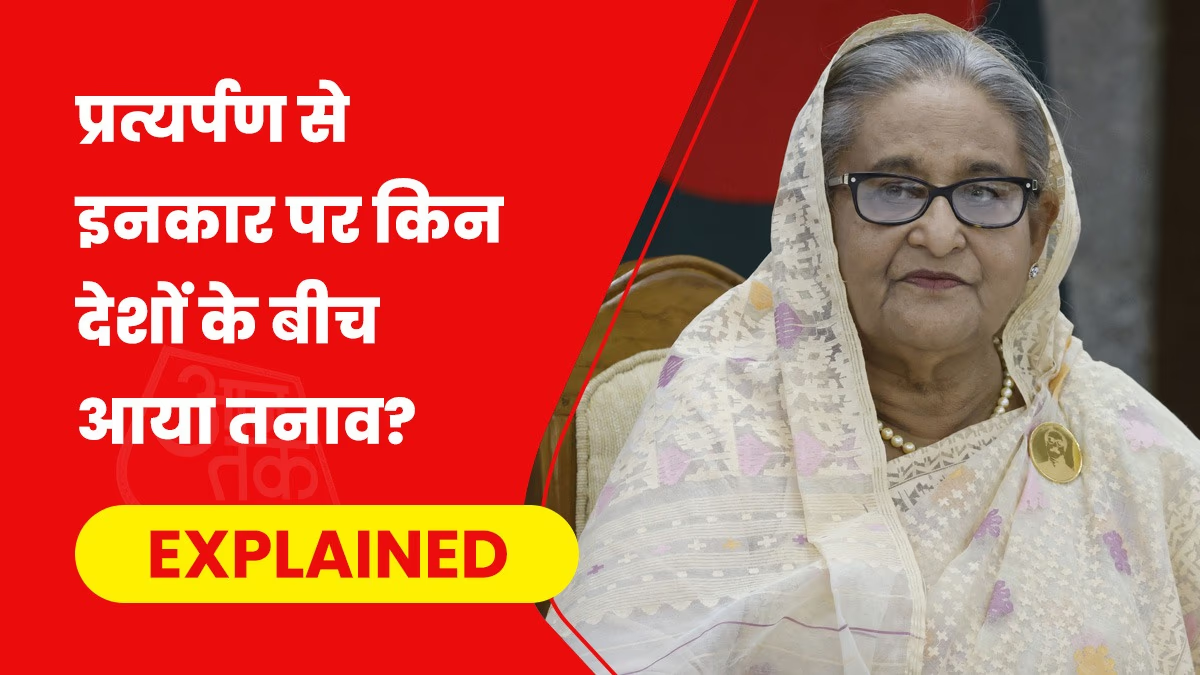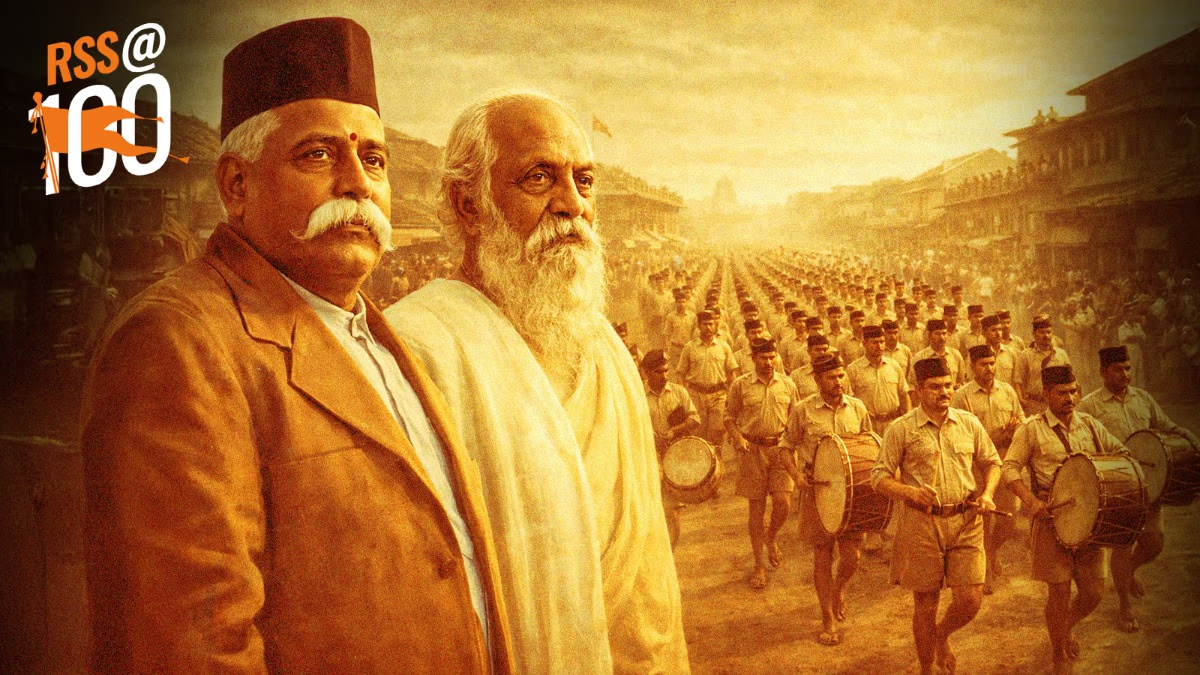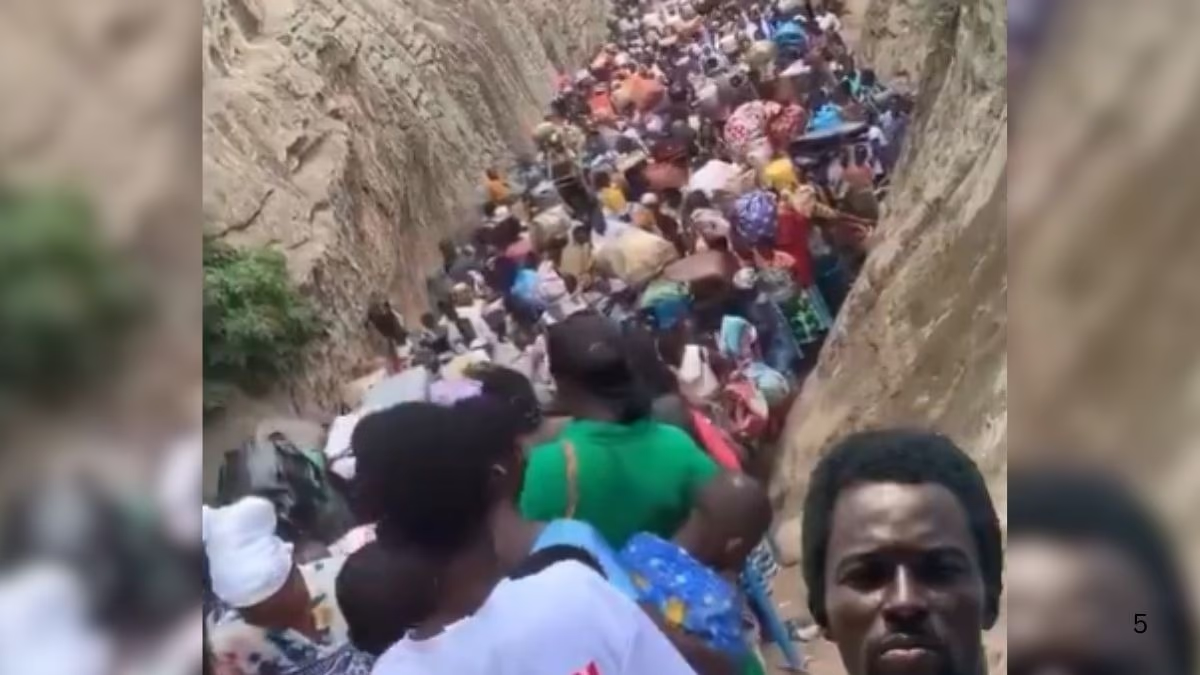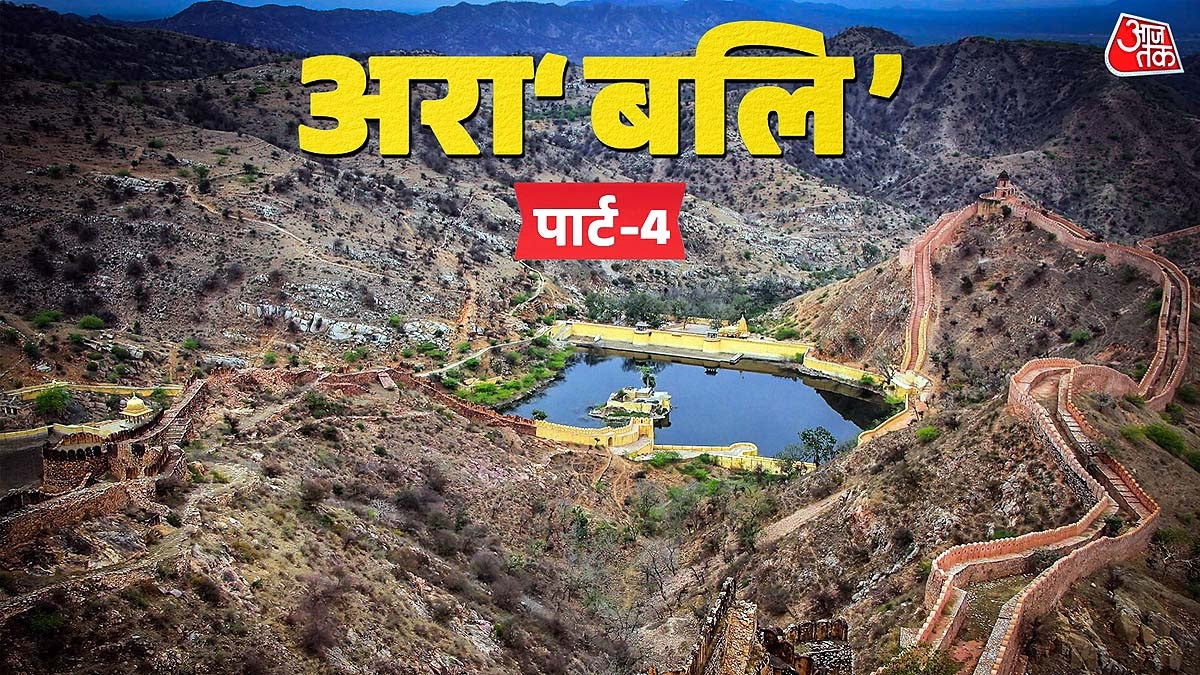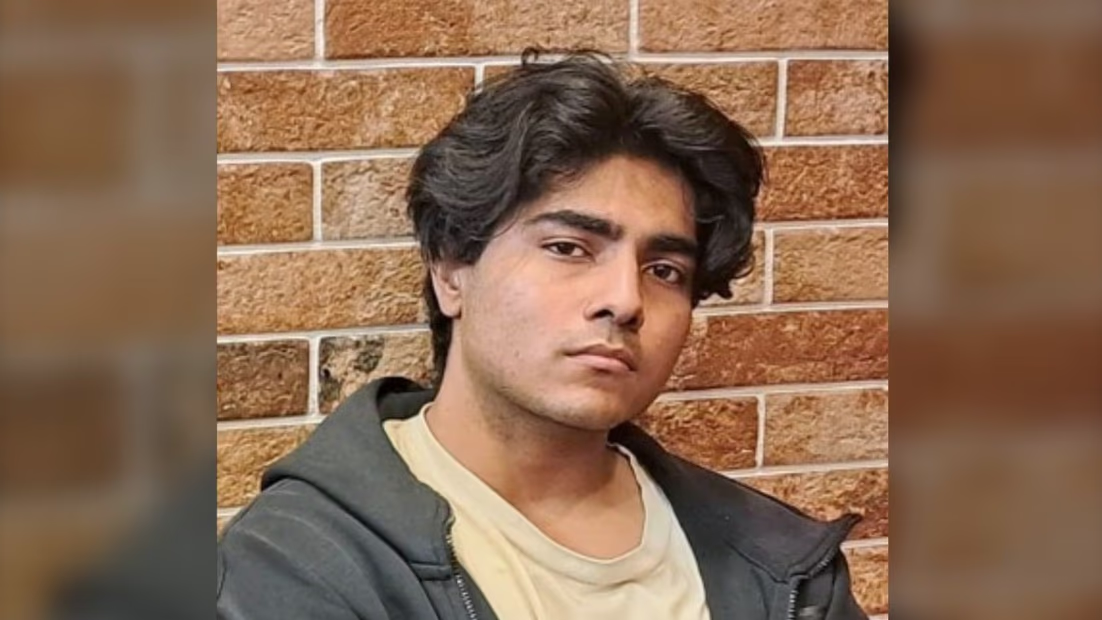Tensions are escalating between Bangladesh and India. At the start of August, amid violent protests, then-Prime Minister Sheikh Hasina's government was toppled. The situation became so dire that she had to seek refuge in India. An interim government is currently focusing more on how to bring Hasina back rather than improving the country's situation. To achieve this, they are continuously exerting diplomatic pressure on the Indian government. Dhaka's tribunal even sought Interpol's assistance for her arrest. Discover what options remain for India in this situation.
What's New Recently
Dr. Touhid Hossain, an advisor in the Yunus government's Ministry of Foreign Affairs, made this demand on December 23. Sending a diplomatic note, they stated that the government seeks Hasina's extradition for legal processes. Essentially, the current government accuses Hasina of violence during her tenure, harming protesters among others. More than 60 complaints, including genocide, are filed against Hasina and her associates.
Allegedly, they want to arrest Hasina and several Awami League leaders for this investigation, continuously requesting it from India. The recently sent diplomatic message pertains to this matter but lacks formal signatures, indicating Dhaka is cautiously navigating diplomatic channels.
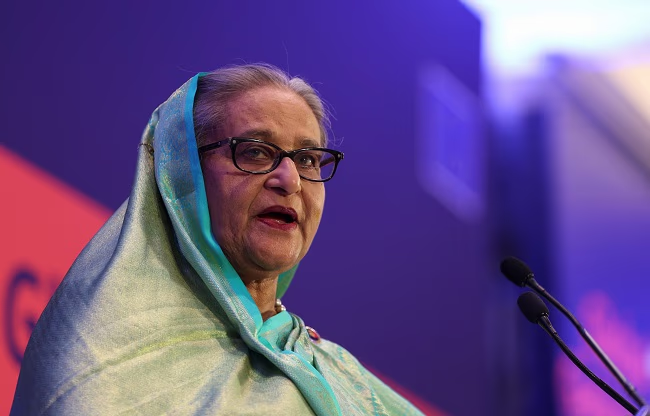
Source: aajtak
What Other Measures Has Dhaka Taken for Hasina's Return?
Amid serious allegations like genocide, Dhaka is attempting multiple strategies to detain Hasina. An international crimes tribunal in Dhaka issued arrest warrants against Hasina and her associates, seeking Interpol's help. The Yunus administration sought UN intervention as well. Meanwhile, they're consistently pressuring India. It's been five months already.
India's Options Amid Increasing Pressure
India has always advocated for good relations with neighbors, including Bangladesh. Under its 'Neighbour First' policy, India continuously assisted Bangladesh, but the current scenario is different. The interim government's stance has been opposite to New Delhi from the start. Now, they're pulling India into domestic affairs. Although India hasn't made any stern comments yet, if extradition becomes a legal matter, New Delhi might have limited options.
Where is Dhaka's Former PM Now
Currently, she is under tight security in a safe house on the outskirts of Delhi. No one is allowed to meet her. According to German media DW, her daughter Saima Wazed, who holds a director position at WHO, also couldn't meet her.
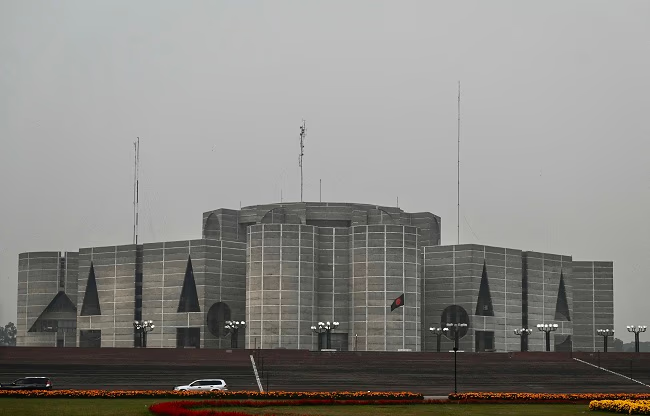
Source: aajtak
The Extradition Agreement
There has been an extradition treaty between the two countries since 2013, which mandates that both nations extradite each other's criminals. The treaty specifies that any person who commits a crime warranting a minimum of one year's imprisonment can be extradited. The treaty also mentions that extradition can be refused for politically motivated crimes. However, extradition cannot be refused for crimes like murder, genocide, and abduction.
When Can a Host Country Refuse Extradition?
A country can refuse extradition if the crime is political, or if the accused shows that the action is politically motivated, or if returning to the home country poses a threat to the accused's life.
There's also a clause that allows either party to terminate the treaty with notice. This is an extreme step, as it could weaken diplomatic relationships. Currently, India is not responding directly or harshly. These cases generally take time as technical and legal processes tend to be slow.
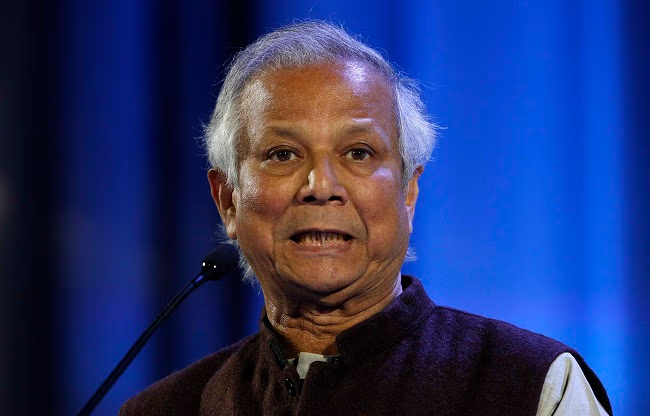
Source: aajtak
The Lengthy Process Might Be Advantageous
Hasina could legally contest the extradition if she feels the investigation wouldn't be transparent or if she perceives any risks. The return process is long and filled with legal examinations. If the individual being extradited files a case against it, it could prolong the process further. Meanwhile, political changes might occur, potentially allowing Hasina to return safely to Bangladesh.
Consequences of Extradition Denials in Global Contexts
- Former NSA employee Edward Snowden sought asylum in Russia after disclosing classified documents, and Russia refused to extradite him, creating tensions. - During the 1984 Bhopal Gas tragedy, Union Carbide's Warren Anderson faced criminal charges in India, but the U.S. denied extradition. - After the Tibetan spiritual leader Dalai Lama was granted asylum in India, relations with China deteriorated. - After the Afghan President Ashraf Ghani's overthrow, some leaders sought refuge in Turkey, and Turkey refused their repatriation.
